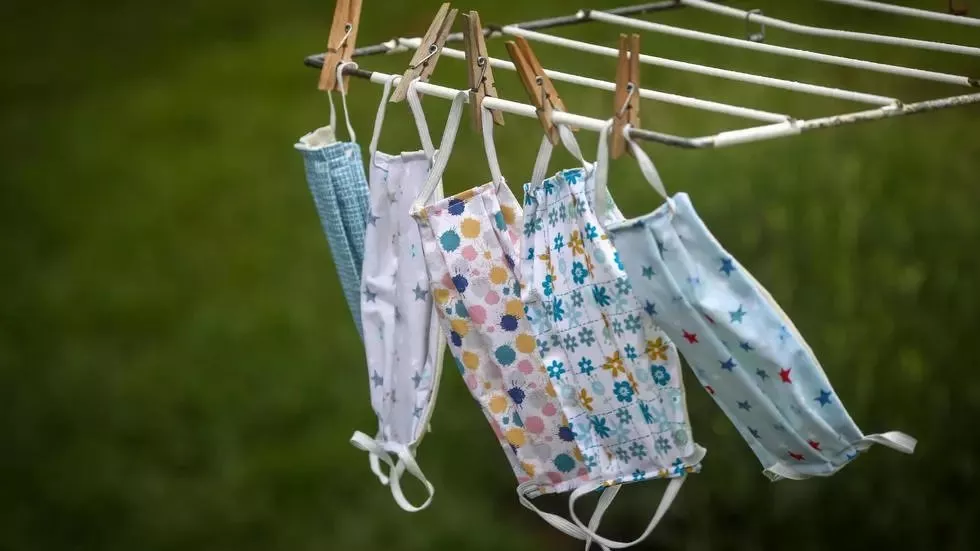Face masks receive mixed reviews
Some healthcare experts believe homemade masks can cause respiratory problems
ISLAMABAD:The Covid-19 pandemic has forced us to reconfigure the way we live.
One significant change as a result of the fast-spreading respiratory disease is the increased use of masks in public.
As the outbreak continues to grip the federal capital and much of the country, healthcare experts are recommending that people learn to live with the virus.
Following the government’s announcement, many localities and businesses are now making the wearing of masks or other types of face coverings mandatory to help prevent the spread of the virus.
However, this very common form of protection is not commonly seen in the federal capital. “People are not taking the virus seriously in the capital,” said one medical expert. “While facemasks don’t provide complete protection against the virus, they reduce the spread of the contagion, especially from asymptomatic carriers.
Earlier this month, the government declared wearing masks mandatory at crowded places, markets, and while using public transport. When asked, how much protection do face masks offer, medical experts had mixed answers.
Some pulmonologists in the capital encouraged the use of face masks in public settings where social distancing measures are difficult to maintain, such as in grocery stores. Coupled with social distancing and other preventive measures, the use of face masks can slow the spread of the Covid-19 virus, which has claimed more than 2,700 lives in Pakistan.
A wide range of face masks, experts said, are available in the market. The N95, they said, appears to offer maximum protection against the respiratory disease. “While surgical and medical-grade masks such as the N-95 can be in short supply, cloth masks can serve as an alternative,” said one expert.
Confusing recommendations
Recommendations about masks can easily get confusing because all masks are not made equal. The most talked about N95 mask is fitted, seals closely to the face, and effectively filters out 95% of particles. Other masks, according to experts, do not offer similar protection against the virus.
One pulmonologist confirmed that homemade masks, often made of a material like cotton, do not protect against inhaling particles that carry the virus.
Wearing homemade or cloth masks for extended periods, experts said, can trigger respiratory problems including asthma, and lung infection. Particularly for athletes, experts said, wearing masks, during physical training, can cause a significant drop in blood oxygen levels. According to a study by the Royal Society titled Face Masks for the General Public, the evidence on the protective value of single-use paper masks, and reusable cloth masks made at home is less clear. The study by the London-based independent scientific academy reiterates that face masks can contribute to reducing transmission of coronavirus.
Like medical experts, the public in the federal capital remains divided on the use of face masks. “I’m not sure if it helps. Even doctors have confusing advice on the use of face masks,” said Junaid Akram, a resident of the F-13 area. “It is a smart idea to don a face mask if you’re going into a crowded place even after the pandemic ends,” said Shahid Shafiq, another resident.
Published in The Express Tribune, June 16th, 2020.


COMMENTS
Comments are moderated and generally will be posted if they are on-topic and not abusive.
For more information, please see our Comments FAQ